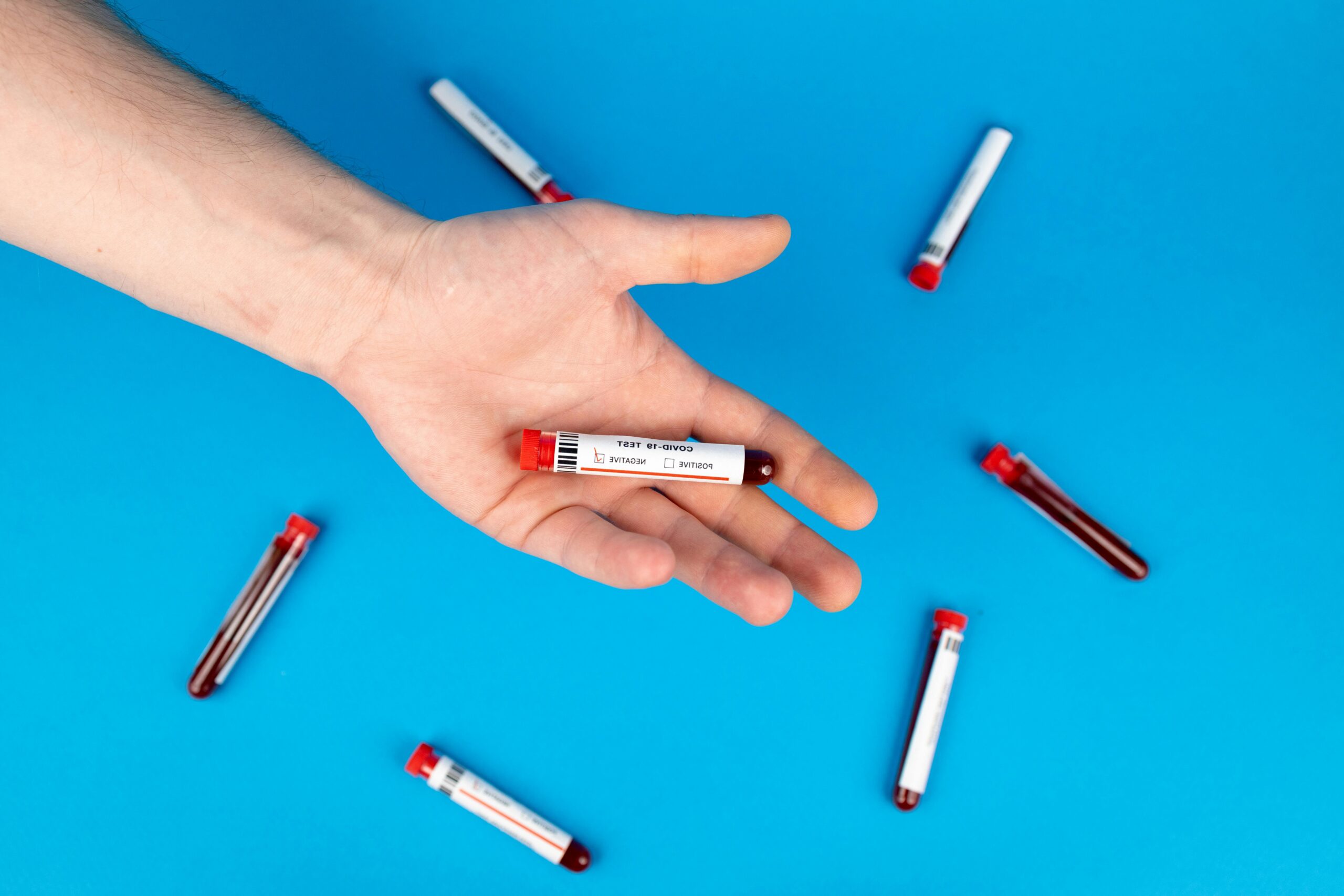
Blood tests are an important part of staying healthy. They help doctors detect potential health issues, monitor existing conditions, and even predict future health risks. At JITM Diagnostics, we offer a wide range of blood tests that can give you a clear picture of your health. Let’s break down the most common types of blood tests and their purposes.
Common Blood Tests and Their Purposes
Complete Blood Count (CBC)
A Complete Blood Count (CBC) is one of the most common blood tests. It gives detailed information about your blood cells: red blood cells, white blood cells, and platelets. This test can help identify anemia, infections, and many other health issues. It’s also useful for monitoring how well your body is handling treatments like chemotherapy.
Basic Metabolic Panel (BMP)
A Basic Metabolic Panel (BMP) is a blood test that checks your heart, kidney, and muscle function, as well as your acid/base balance. The BMP measures key substances like glucose, calcium, and electrolytes. This test is often done as part of a routine checkup or when someone is feeling unwell to check their general health status.
Comprehensive Metabolic Panel (CMP)
The Comprehensive Metabolic Panel (CMP) is a more detailed version of the BMP. It includes everything in the BMP, plus additional tests that assess protein levels, liver enzymes, and other markers. The CMP helps doctors detect problems like liver disease, kidney disease, and other metabolic conditions.
Lipid Profile
A Lipid Profile measures the levels of fats (lipids) in your blood, including cholesterol and triglycerides. This test is crucial for checking your risk of heart disease. High cholesterol or triglycerides can lead to plaque buildup in your arteries, which can increase your risk of heart attacks or strokes.
Thyroid Function Tests
Thyroid function tests check the performance of your thyroid gland, which controls many body functions, including metabolism. These tests measure levels of thyroid hormones like TSH (Thyroid Stimulating Hormone), T3, and T4. If your thyroid is not working properly, it can affect your energy levels, mood, weight, and overall health.
Blood Glucose Test
A Blood Glucose Test measures the amount of sugar (glucose) in your blood. High blood glucose can be an indicator of diabetes, while low blood glucose can lead to hypoglycemia. This test is important for managing and diagnosing diabetes.
Hemoglobin A1c Test
The Hemoglobin A1c Test measures the average level of blood glucose over the past 2-3 months. This test is used to diagnose diabetes and monitor how well your diabetes is being managed. It helps doctors assess your long-term blood sugar control.
Specialized Blood Tests
Vitamin and Mineral Tests
Certain blood tests can measure the levels of vitamins and minerals in your body, like Vitamin D, Vitamin B12, and iron. Deficiencies in these nutrients can lead to various health problems, such as fatigue, bone issues, or anemia. These tests can guide your doctor in suggesting dietary changes or supplements to improve your health.
Coagulation Tests
Coagulation tests (also known as clotting tests) measure how well your blood clots. They are used to monitor conditions like bleeding disorders (e.g., hemophilia) or conditions where the blood clots too easily, increasing the risk of heart attack or stroke. The most common coagulation test is the PT/INR, which checks how long it takes for your blood to clot.
Infection and Immune System Tests
Blood tests can also detect infections or measure how your immune system is functioning. These tests check for specific antibodies or markers in your blood that indicate an infection, whether it’s bacterial, viral, or fungal. They are often used to diagnose conditions like HIV, hepatitis, or COVID-19.
How to Prepare for a Blood Test
Fasting vs. Non-Fasting Blood Tests
Some blood tests, like the Lipid Profile or Glucose Test, may require you to fast beforehand, meaning you can’t eat or drink for 8-12 hours before the test. This ensures that food or drink doesn’t interfere with the results. However, other tests don’t require fasting, so it’s important to follow your doctor’s instructions carefully.
Common Myths About Blood Tests
There are a lot of misconceptions about blood tests. For example, some people think they’re always painful or that you need to be fasting for all tests. In reality, most blood tests are quick and relatively painless, and not all require fasting.
Interpreting Blood Test Results
What Do Your Results Mean?
Blood test results can be confusing. They often show a range of values, and the results may be marked as “normal” or “abnormal.” An “abnormal” result doesn’t always mean there’s a problem. It’s important to discuss your results with your doctor, who will interpret the results based on your overall health.
Follow-Up Tests and Next Steps
If a test result is abnormal, your doctor may recommend additional tests or treatments. Sometimes, abnormal results can be due to temporary factors like diet, exercise, or medication. Follow-up tests help confirm or rule out any potential health issues.
FAQ about Blood Tests
Some of the most common blood tests include the Complete Blood Count (CBC), Lipid Profile, Basic Metabolic Panel (BMP), and Thyroid Function Tests. Each of these provides important information about different aspects of your health.
It typically takes 1-2 days to receive your blood test results, though some specialized tests may take longer. It’s best to check with your healthcare provider for exact timelines.
For tests that require fasting, avoid eating or drinking (except water) for 8-12 hours before the test. It’s also important to inform your doctor about any medications you are taking, as some can affect test results.
Yes! JITM Diagnostics offers a wide range of blood tests, from routine checks to more specialized tests. Our team ensures accurate results and reliable service, so you can stay on top of your health.
Booking a blood test with us is simple. Just visit our website or give us a call, and our friendly team will help you schedule an appointment at a time that works best for you.